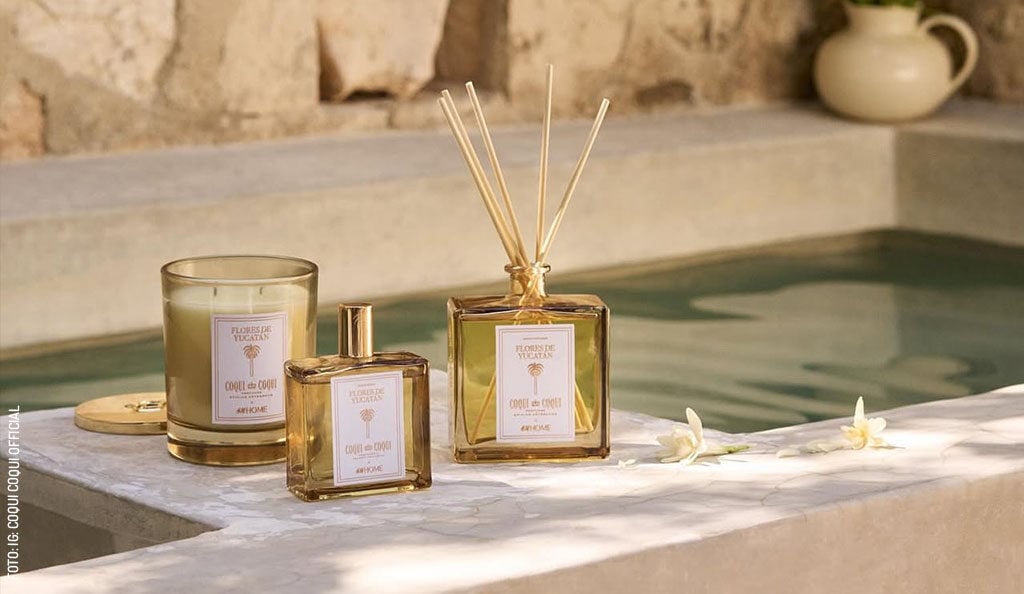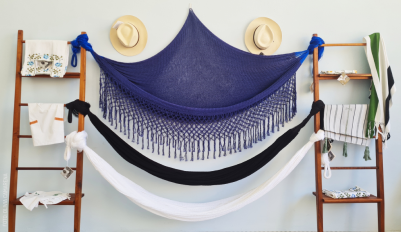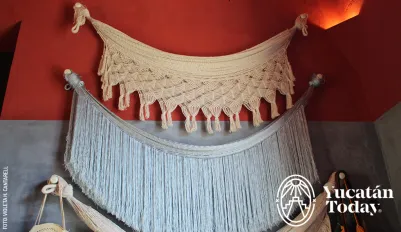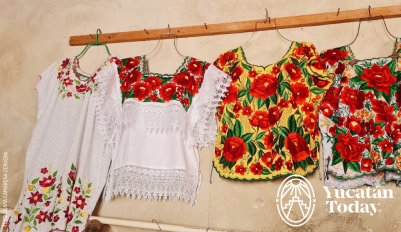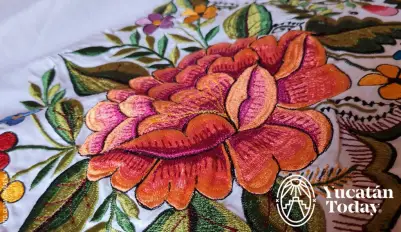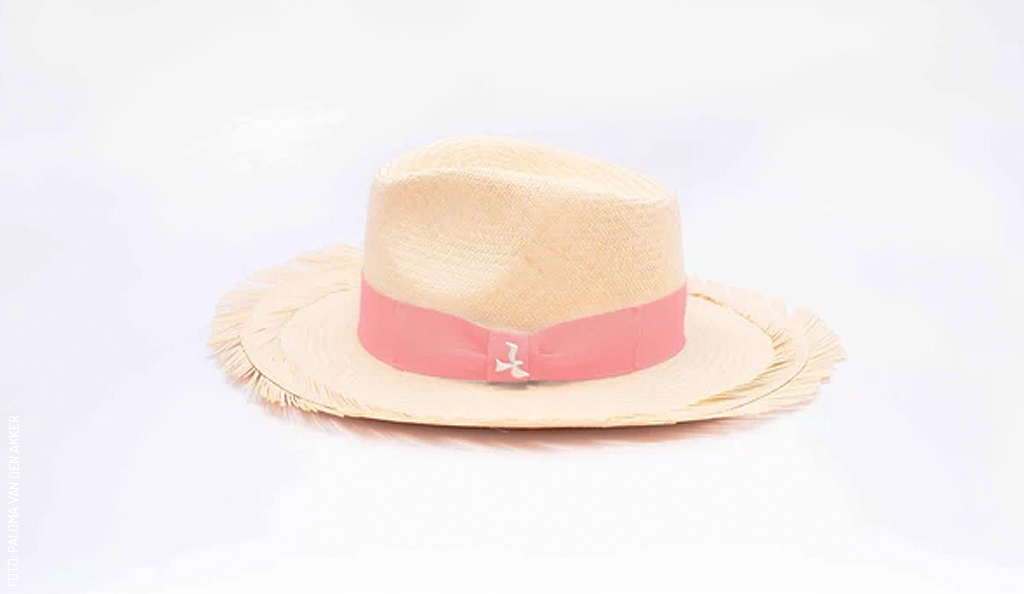
Yucatán's Handcraft, Perfect to Take Home!
Returning from a trip to Yucatán with a handcrafted souvenir is a must. Yucatecos also love to decorate their homes with crafts, give them as gifts, and even incorporate handmade clothing, accessories, and jewelry into their closets. Keep reading for a couple of recommendations that will help you when making your purchase.
Filigree
Filigree is more than a goldsmithing technique to make jewelry, rosaries, and figures: it’s an art. Each piece of filigree is handmade through a process of molding either silver or gold. A filigree piece should not look rough, much less omit the texture of the top edges. The usual price of earrings and rings is between $450 pesos and $2,000 pesos, but they can be sold for up to $8,000 pesos.
Where to buy filigree in Yucatán:
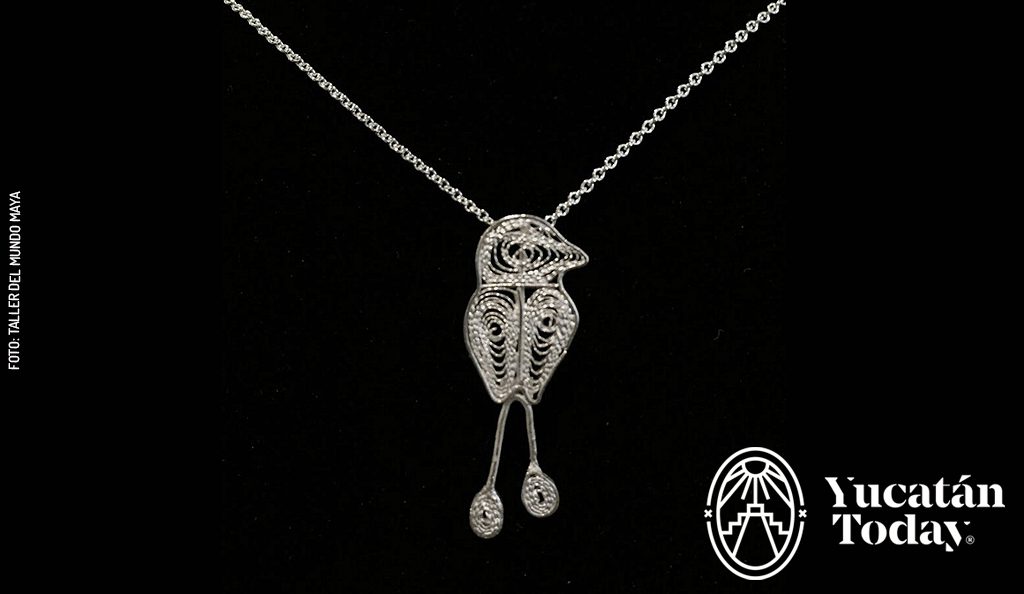
Hammocks
Traditionally they are made with opaque cotton threads that give them their characteristic freshness. It’s important to be very careful with the thickness of the strand and the weaving, since the thicker the cotton and the tighter the weaving, the stronger the hammock will be. A traditional cotton hammock can cost between $800 and $3,000 pesos in stores, depending on the size. Crochet hammocks are more expensive since they’re softer and have thicker threads; they can cost anywhere between $2,500 and $4,000 pesos. You’ll also find nylon hammocks; these have a characteristic sheen and should not exceed $1,000 pesos.
Where to buy hammocks in Yucatán:
- Cielo Hamacas
- Taller Maya
- Yuum Haax
- Hamacas El Aguacate
- Herencia Viva
- Don Juan de Dios Pool, Manufacturer in Tikxokob Tel. 991 106 7373 or 991 103 3809
Jipijapa Hat
The Jipi palm is worked with special care throughout an intricate process that defines the final quality of the hat. To begin with, the palm must be dehydrated, split, and woven in humid environments, such as caves; a good jipijapa hat is made with palms that have been split more than twice. The best are made from four “partidas.” The cheapest jipijapa hats cost $500 pesos (one Partida, direct with artisans), but hats with four Partidas can go up to $5,500 pesos.
Where to buy a jipijapa hat in Yucatán:
- Taller Maya
- In the communities of Halachó or Bécal
Embroidered Garments
When it comes to embroidered garments, the most famous is the Xocbilchuy, cross-stitch or “counted thread,” which on the reverse side looks like dots, lines, and knots. Depending on the complexity of the embroidery, a garment can take from a couple of weeks to two months. A cross-stitch blouse can cost between $1,200 and $2,000 pesos.
However, it’s more common to find machine-made garments in Chuy K'ab or satin stitch; blouses start at $360 pesos directly with the artisan.
Where to buy a embroidery items in Yucatán:
- Herencia Viva
- Guayaberas Jack
- Kukul Boutik
- In the communities of Kimbilá and Maní
Yucatán's Handcraft
Handicrafts are the works and works made by the people of the area called artisans in which practically no machinery is used, and they are usually decorative objects. The artisan imprints on each piece a special stamp different from any other piece.
The handicrafts of Yucatán are rich and varied, from the silver and gold work called filigree to the ceramic and stone pieces, including the famous hammocks.
There are many street vendors selling crafts in the main square every Sunday.
On Saturday nights, local artisans set up booths at the south end of Paseo de Montejo. You can shop there and listen to live music at Mexican Night, starting at approximately 9 p.m.
These articles may interest you:

Author: Olivia Camarena Cervera
Yucatecan communicologist. Writer, blogger, and bookstagrammer in her spare time. She also experiments with TikTok.
In love with Yucatán? Get the best of Yucatán Today delivered to your inbox.
Related articles
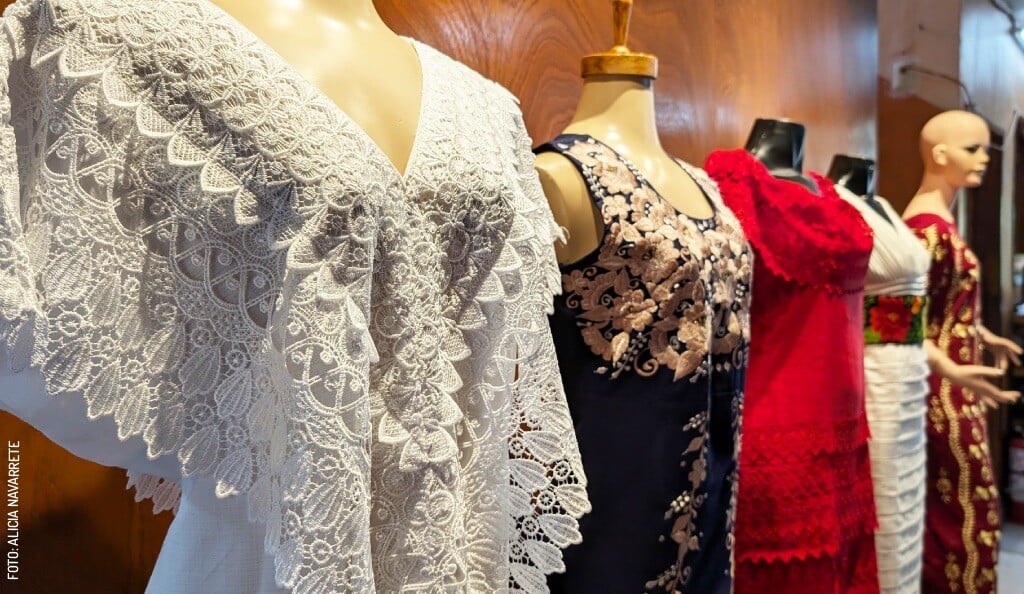
Yucatán’s most iconic handcrafts: artisan towns
If you want to take a little piece of Yucatán home, find out which villages specialize in making hammocks, furniture, weavings, pottery, and more.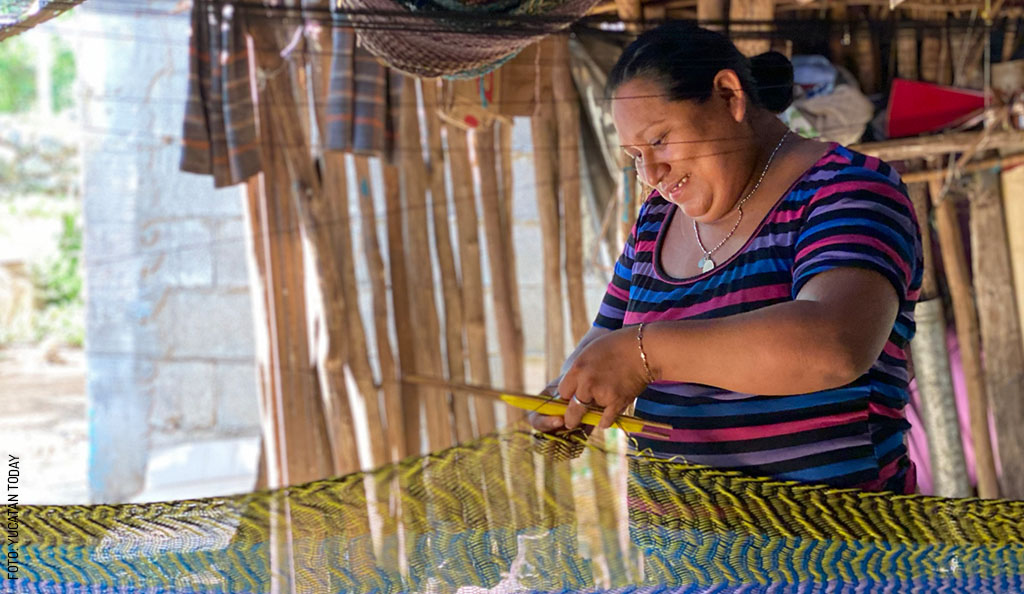
How to Choose Guayaberas and Hammocks like a True Yucateco
Yucatán is a state brimming with art, music, culture, and traditions, which make it inevitable to fall in love and want to take a piece of it home....